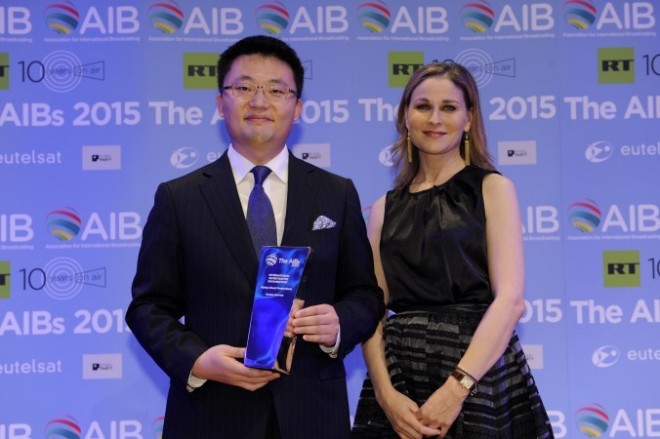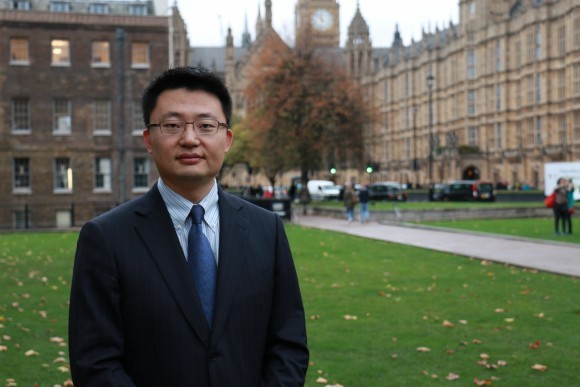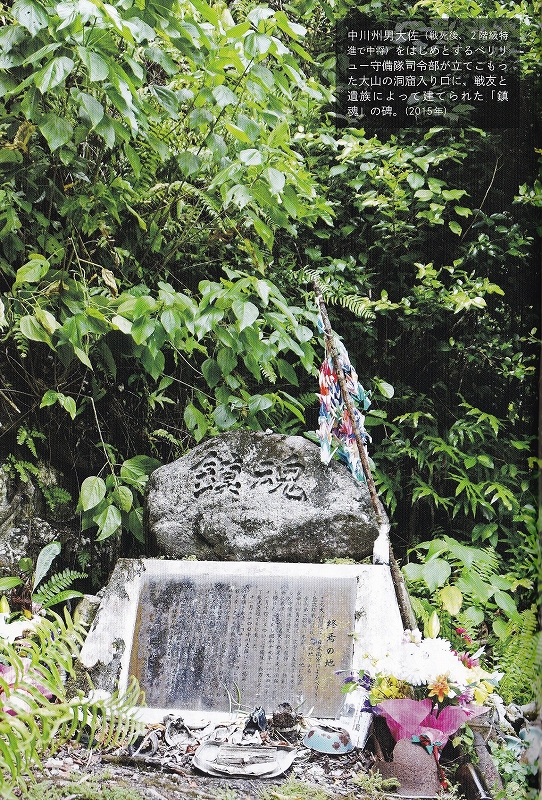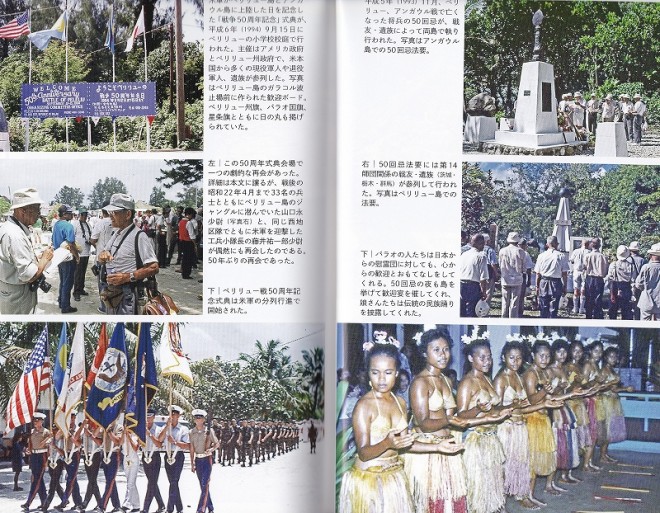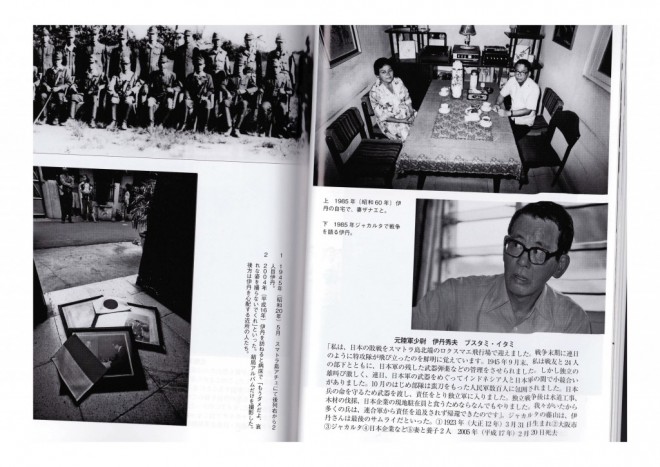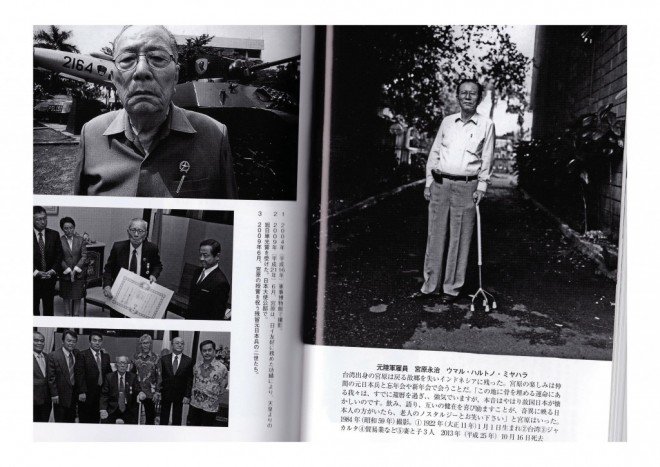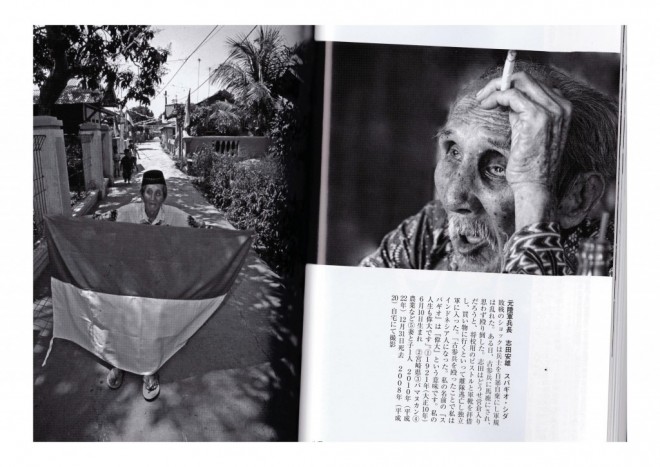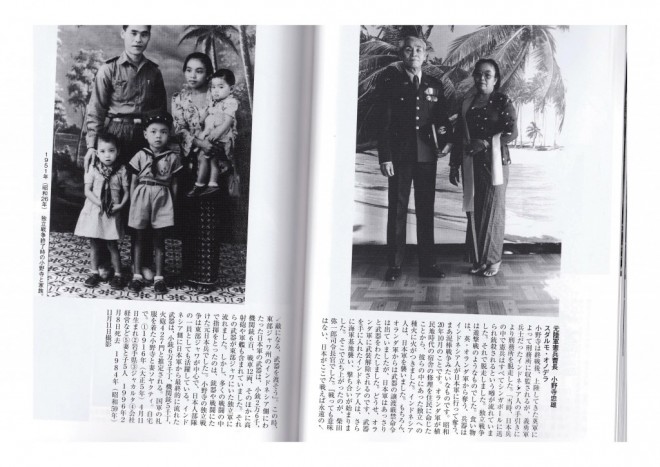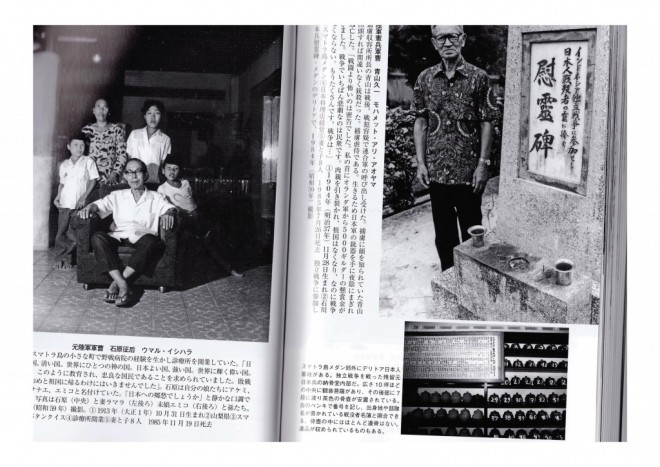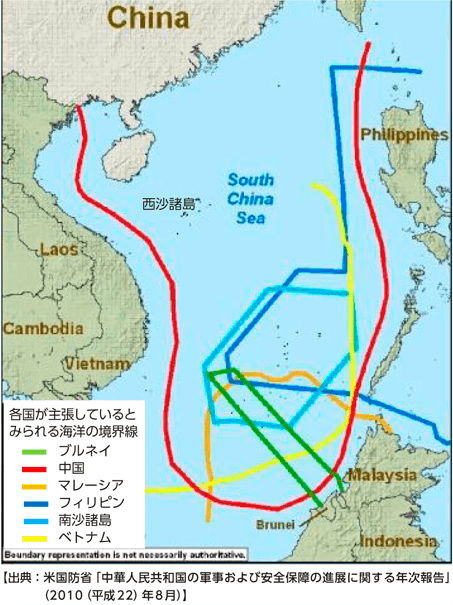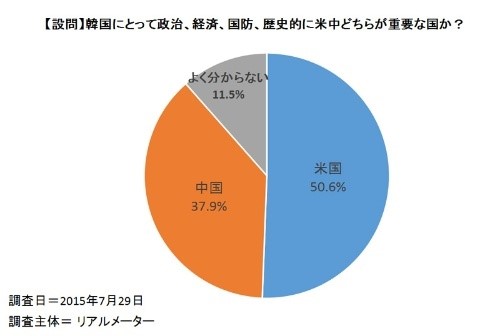EPOCH TIMESは「大紀元」=「法輪功」が発行している媒体ですから、中国の上海派には厳しいです。江沢民が共産党より「法輪功」の信者数が多くなるのを恐れて「法輪功」をずっと弾圧してきました。その反作用として「法輪功」は共産党憎しとなっているのは間違いありません。それで「大紀元」記事は割り引いて見ないといけないと思っています。でも、英国で賞を受けたのは間違いないでしょうから。南シナ海の問題もあり、今後アメリカとイギリスメデイアは中国の人権状況について厳しい報道のネタをドンドン流し、中国から外資のキャピタルフライトが起きるように持って行くのではと思っています。直接戦闘すれば兵器の消耗になって経済効果はあるのでしょうけど、核を持ったスーパーパワー同士が戦争すればどこで止められるか分からないので、直接対峙するのであれば経済戦争を選ぶと思います。シエールオイルのあるアメリカと違い、中国は自前で石油を総ては賄えないので経済封鎖されれば音を上げます。内乱になるでしょう。それこそ欧州とは桁違いの難民が出るでしょう。
英語版では、「法輪功」信者だけでなく、ウイグル人、チベット人、キリスト教信者から臓器を取って移植したとあります。2003年~2008年までに40万~60万の人が犠牲になったと。別の資料では200万と言うデータもあるという事です。それでも氷山の一角と言うのですから。中国は何でも桁違いです。彼らの感覚では嘘の南京虐殺も30万人くらいいないと虐殺とは言わないのかもしれません。何せ20万しか南京市民がいないのに10万人がわざわざ虐殺されに来たと中国は主張するのですから。
本記事は中国の拝金主義の毒が良く分かるでしょう。解放軍の外科医が担当してことを窺わせる記事です。日本の軍医と精神構造が違います。彼らの言うことは如何に嘘が多いかという事がこの記事でも分かるでしょう。日本人は中韓の嘘には毅然と反論すべきですし、主張する政府を応援すべきです。
同日付の「大紀元日本版」では次のようにありますので紹介します。
「ドキュメンタリー映画「人狩り」 英国際放送協会最優秀賞 2015/11/06 17:22
中国での受刑者に対する組織的臓器収奪疑惑の調査を収録したドキュメンタリー映画「人狩り(Human Harvest)」が、4日夜にロンドンで開かれたAIB(国際放送協会)国際メディア コンクールで、国際調査ドキュメンタリー部門の最優秀賞を受賞した。
中国系カナダ人である李雲翔・監督は2006年から中国の臓器問題を追跡してきたという。同作品は、中国で臓器移植を受けた外国からの患者、元受刑者や元警察官などの証言のほか、カナダの元アジア太平洋地区担当大臣デービット・キルガー氏と人権弁護士デービット・マタス氏が率いるカナダ独立調査団の一部調査を収録している。
受賞後、大紀元の取材に応じた李・監督は「作品を通して、臓器をめぐる中国の国家犯罪の真実を国際社会にもっと知ってもらいたい」と心情を語った。
AIB国際メディアコンクールは世界的権威のある賞で、NHKの複数の番組も受賞したことがある。今年度は「人狩り」のほか、BBC、アルジャジーラテレビ局、英スカイ・ニュースなどの5作品が各部門の最優秀賞を獲得した。
中国の臓器問題の闇は非常に深いとみられる。
これまでの国内の医療関係者や警察官など各方面の情報によると、1970年代ごろから死刑囚や、政治犯などの「良心の囚人」の臓器を移植用に使うことが「日常的に行われている」。中国政府は一貫して完全否認していたが、2005年ごろから死刑囚の臓器利用を渋々認めた。
一方、1999年7月から中国で禁止され集団弾圧を受けている伝統気功・法輪功は、「迫害開始直後から臓器移植件数が急激に増えている理由は、強制収容された大勢の愛好者が臓器狩りの対象にされたからだ。刑務所、病院、司法の関係者は暴利を貪るため組織ぐるみで愛好者を殺してきた」と主張している。前出のカナダ人独立調査員2人は、法輪功の迫害実態を調べる米人権団体「追査国際」の要請を受けて、2006年から関連の調査に着手し、「紛れもない事実である」との結論の報告書を発表した。
「人狩り」は今年4月、米国放送界の最高栄誉賞であるピーボディ賞を受賞したばかり。(翻訳編集・叶子)」とあります。
記事
By Diane Palframan, Epoch Times | November 5, 2015 Last Updated: November 6, 2015 11:42 am
‘Human Harvest’ director Leon Lee receiving the AIB Award with CNN International’s anchor and correspondent Hala Gorani (Courtesy of AIB)
LONDON—A documentary about the killing of tens of thousands of Chinese prisoners of conscience for their organs has won the 2015 Association for International Broadcasting (AIB) award for best international investigative documentary. It follows the film’s receipt of a prestigious Peabody award earlier this year.
On winning the most recent award, director Leon Lee said: “This is a huge honor for me and the team who stood by me for eight years while we made the film. I hope more people will now be prompted to watch the film and, most importantly, that it will make a difference and end organ harvesting.”
Judges who chose the film, which was competing against productions from the BBC, Sky News and others, said that it “captures the horror of the story through credible testimony and proactive research”, adding that the story “definitely needs to be more widely known.”
The film’s producer, Flying Cloud, is a small independent company based in Vancouver, Canada.
Simon Spanswick, chief executive of UK-based AIB, agreed with the judges: “Although I was not a judge for this category, as a former programme-maker, I could see this film was clearly up there. Small production companies that do really good work do win AIB awards – it’s not unusual – and the award will have an impact and enable the programme to be sold more widely.”
“Human Harvest: China’s Illegal Organ Trade” tells the story of how in a few years, China created a large-scale, highly profitable organ transplant business without an organ donor system.
It questions the source of the organs and how Chinese hospitals can offer transplants within weeks when patients in the West typically wait years.
“Human Harvest” director Leon Lee stands outside the UK Parliament in London, where his documentary exposing forced organ harvest in China was screened on Nov. 4. (David Sun/Epoch Times)
The truth unfolds: The organs are being forcibly taken from prisoners of conscience including people who practice Falun Gong, an ancient spiritual practice, Uyghurs, Tibetans, and House Christians. The film reveals that it is Falun Gong practitioners who are targeted most.
“When I came across this in 2006, I could not believe it at all. I thought it was nonsense,” said Lee. Nevertheless, he decided to look into the subject and became convinced that organ harvesting is taking place on a large scale in China.
It is estimated that 40,000 to 60,000 people were killed for their organs between 2003 and 2008, although Lee spoke off the record to a military surgeon from China who said the figure was over 600,000. “Other information suggests it could be 2 million,” Lee said. “We were conservative in the film. What we showed was the tip of the iceberg.”
The film was screened in British Parliament prior to the AIB award ceremony.
Lee admits that many times he felt a sense of hopelessness but, after winning the Peabody award, the film captured the interest of mainstream media. “Media executives told me that they had heard about organ harvesting in China but never took it seriously,” he said.
That has now changed. The film has been broadcast in 20 countries and is also available, unofficially, in China. “As a filmmaker, I’m against piracy but you can buy it in China for 10 yuan [$1.60],” he admitted.
Lee is increasingly convinced of the power of film. While he acknowledges that more work is needed to stop the atrocities taking place in China, he believes change is coming and that raising awareness will help the process.
“When people ask me what anyone can do when China is so big and powerful, I tell them to pass the word to family, friends, and colleagues, because the more people know about this, the sooner it will end,” he said.
